The Problem of Evil for Ethical Monotheism: A Philosophical Inquiry
How can one God be good and powerful, yet allow evil? Explore the origin, nature, purpose, and meaning of evil from ethical monotheism perspectives.

Evil is generally defined as the opposite of good and is commonly associated with harmful events (such as destructive acts of nature) or conscious wrongdoing (via individual or group behavior). Read articles about evil below.
Evil is generally defined as the opposite of good and is commonly associated with harmful events (such as destructive acts of nature) or conscious wrongdoing (via individual or group behavior). Read articles about evil below.

How can one God be good and powerful, yet allow evil? Explore the origin, nature, purpose, and meaning of evil from ethical monotheism perspectives.
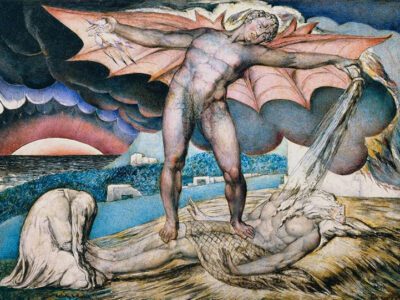
The Testament of Job, written sometime between 100 BC-100 AD, shows how Satan's role and character evolved from a servant of God to the spirit of idolatry and vengeance.
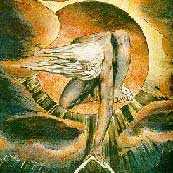
Is reason the root of all evil? That's the core theme romantic era poet and artist, William Blake, tackles in his alternative-to-Genesis creation story, The Book of Urizen.
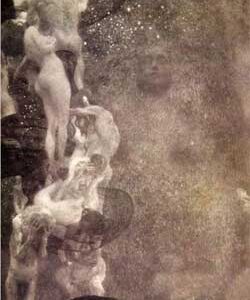
A framework for looking at religion from a philosophical perspective.

If you've ever woken up but felt paralyzed - or perhaps you've seen things, heard voices, or felt an evil presence. Relax - it's probably just sleep paralysis.
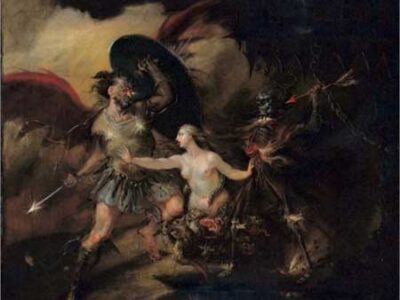
Satan is the title of the devil, the chief adversary of Jesus and mankind in Christian traditions.

Mephistophiles is the name of the devil in the Faust myths of the late Middle Ages through the Renaissance.

Melchiresa is the one of the names for a predominant evil being in several of the fragments of the Dead Sea Scrolls.

Mastema is another name for Satan in the Book of Jubilees and other non-biblical texts.

The struggle between two opposing forces is known as "dualism." Here's a breakdown of several types of dualism common to religious writings.
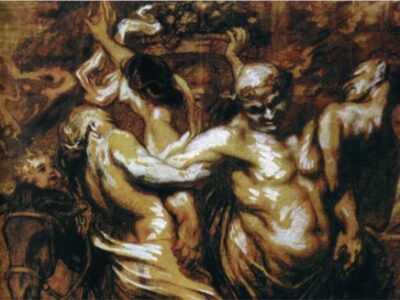
Is someone born evil or are they nurtured to become evil?
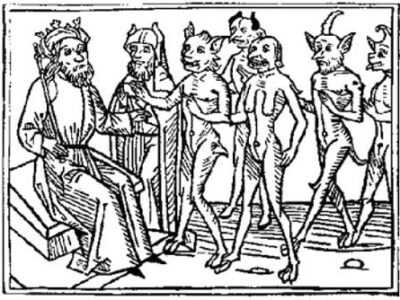
Belial (or Beliaal) is Hebrew for "without value." He is known as Beliar in Greek.
Subscribe to our weekly newsletter below to get new articles and updates!
